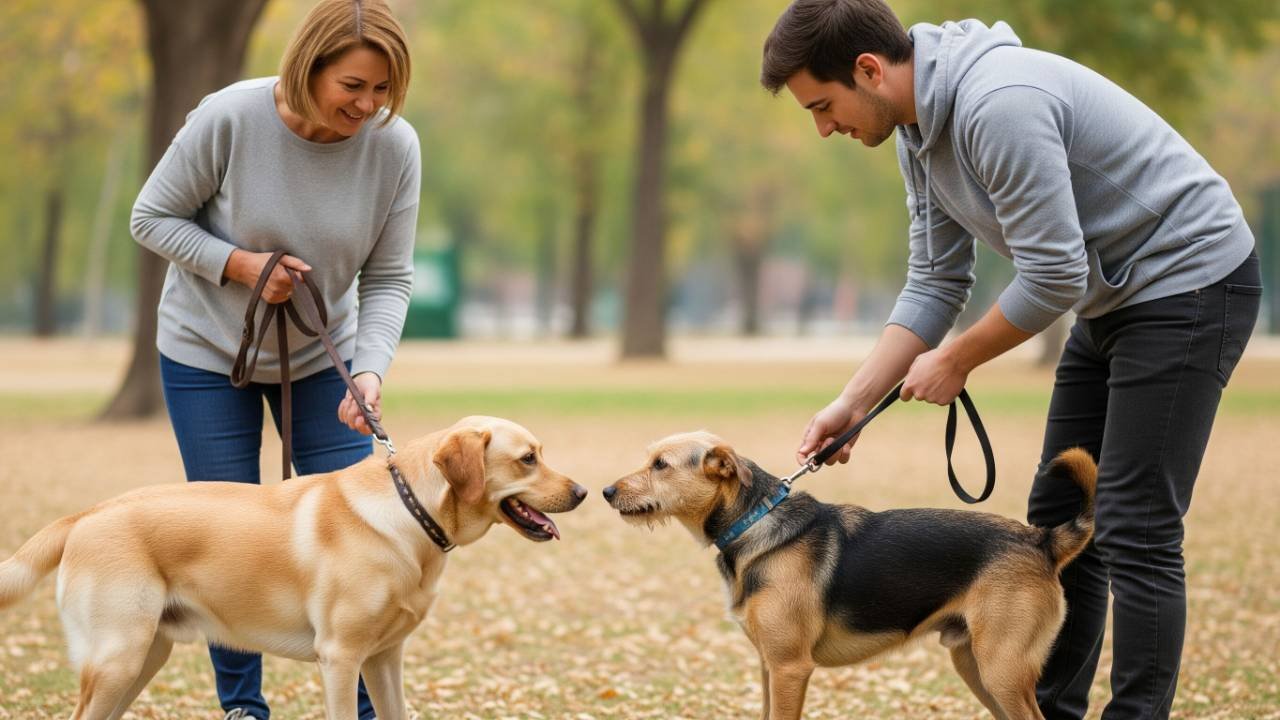Do dogs love? Can they feel shame? Jealousy? Pride?
The concept of canine emotions has fascinated us since dogs have been seen as pets. Before we were able to prove things with modern science, it was common to hear one theory from a respected scientist or philosopher and take it as fact. There were two main thoughts about the emotions of dogs, but one of these beliefs was based on the philosophy of the other.
Dogs cannot speak as humans and to understand what they feel, you can observe through body language.
Why is this so important?
Researchers have come to believe that the mind of a dog is roughly equivalent to that of a human who is 2- to 2-and-a-half-years of age.
‘This conclusion holds for most mental abilities, including emotions’ (Coren, 2013)
Dogs experiencing feelings such as anxiety, love, fear, joy, anger, happiness, sadness, surprise just like people do.

However, dogs cannot feel complex emotions, such as pride, guilt and shame. There is usually no argument from pet owners about pride or shame, but some dog owners do believe that their dogs can feel guilt. This does make sense, however, though it is untrue. Think, for a moment, that you have just come home and your dog is acting quite shy and – as you interpret it – guilty. You then notice your brand new pair of shoes in the corner, all chewed up.
Scientific studies are not only proving that dogs do have feelings, they are finding that canine emotions are more complex than we thought. Source: puppyleaks.com
Their emotional states when they are relaxed, not experiencing any strong emotion at that time. In an alert of something in the environment stimulated. Anxious or fear to the dogs scaring them, they have to pick from fight/flight/freeze because of the trigger. A relieved dog can often be easy to spot when its position changes from a previously angry or anxious position.
Playfulness state they use to invite other dogs or people to play. Aggressiveness when they deal with a conflict, they will give warning signs to show that they do not want to be approached, exhibiting aggressive behaviour is the uniqueness of that dog. When greeting many dogs and new people can feel unsure, making them feel vulnerable.
The dog can still feel love for you, and contentment when their owner is around. Aren’t these the emotions humans are truly value?





